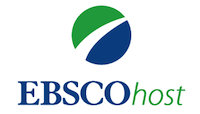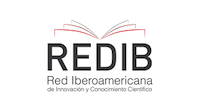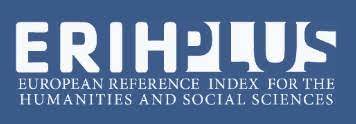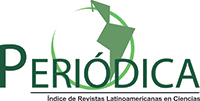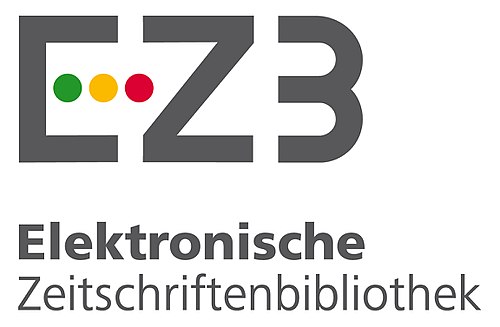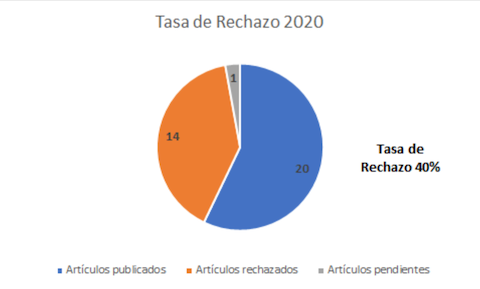The Necessity of a Transdisciplinary Conception of the Construction of Knowledge
DOI:
https://doi.org/10.18667/cienciaypoderaereo.144Keywords:
Complex Thinking, Education, Knowledge, Paradigm, TransdisciplinarityAbstract
This article argues for the necessity of a transdisciplinary perception that will permit the integrative understanding of the world in better accordance with its daily functioning, beginning with a paradigm of distinction, conjunction, implication and multidimensionality. This will allow for the proposal of changes which benefit humanity through the promotion of reflective and critical thinking about the relationships human beings have with one another, with themselves, with objects and with the world in general. To this end, the article briefly covers systems of thought from the mythical to the scientific through the lens of empirical-analytic, systematic, and complex paradigms. The relation to multidisciplinary, interdisciplinary, and transdisciplinary concepts is included. The article is a thematic review which corresponds to a qualitative investigation with a documentary approach. It invites the construction of innovative education projects, in particular those which are transdisciplinary, which will use an epistemological perspective to combine the disciplines and guide the construction of knowledge in a more integrated and humble way, interconnected with reality and life itself. This will permit solidarity, acceptance of diversity, and the multiplicity of conceptions and beliefs, thus leading to the creation of a more humane world.Downloads
References
Bachelard, G. (1985). La formación del espíritu científico. México: Ed. Siglo XXI.
Borges, J. L. (1974). El Informe de Brodie. En Obras Completas. Buenos Aires: Ed. Emecé.
Bunge, M. (1997). Ciencia, Técnica y Desarrollo. Buenos Aires, Argentina: Editorial Suramericana.
Comte, A. (1844).Discours sur l’esprit positif. Paris:Ed Fevrier.
De gortari, E. (1985). Metodología general y métodos especiales de la investigación. México: Ed. Océan
Duverger, M. (1978). Métodos en las ciencias sociales. Barcelona: Ed. Ariel.
Focault, M. (1969). Arqueología del saber. 7ª. Edición. México: Editorial Siglo XXI.
Firmenich, M. E. (2004). Eutopía: una propuesta alternativa al modelo neoliberal. 1ª. Edición, Buenos Aires, Colihue: Ediciones del pensamiento nacional.
García Ortíz, F. y de la Parra, F. (1988). Filosofía. Edición 5. Bogotá, Colombia: Ed. Voluntad.
Hurtado León, I. y Toro Garrido J. (1998). Paradigmas y métodos de investigación en tiempos de cambio. Venezuela: Ed. Episteme Consultores Asociados.
Jantseh. E. (1979). Hacia la interdisciplinariedad y la transdisciplinariedad en la enseñanza y la innovación, en L. Apostel, G, Berger, A Briggs y G, Michaud (eds). Interdisciplinariedad, problemas de la enseñanza y de la Investigación en las Universidades, pp. 110-144 México: Asociación Nacional de Universidades e Institutos de Enseñanza Superior.
Kuhn, T. (1969). La estructura de las revoluciones científicas. Chicago: Universidad de Chicago Press.
Lincoln Y. S. y Guba, E. G. (1985). Paradigmatic controversies, contradictions and Emerginf Confluences. En N. K. Denzin y Y.S. Lincoln (Eds). Handbook of Qualitative Research 2 ed. Thousand Oaks: Sage.
Mardones J. M. y Ursúa N. (1987). Filosofía de las ciencias humanas y sociales. México: Ed. Fontamara.
Mardones, J. M. (1991). Filosofía de las ciencias humanas y sociales. Bogotá: Anthropos.
Marshall W. (1968). El pensamiento científico. Madrid: Ed. Grijalbo
Martínez, M. (1989). Comportamiento humano, nuevos métodos de investigación social. México: Editorial Trillas.
Morin, E. y Kern, A. B. (1993). Tierra patria. Buenos Aires: Ediciones Nueva visión.
Morin, E. (1991). Sociología. Madrid: Ed. Tecnos
Morin, E. (1998a). Introducción al pensamiento complejo. Barcelona: Ed. Gedisa.
Morin, E. (1998b). Qué saberes enseñan en las escuelas. En Articular los saberes. Buenos Aires: Ed. Universidad del Salvador.
Nicolescu, B. (2002). La transdisciplinariedad. Manifiesto. México: Ediciones Du Rocher.
O´Connor, J. y McDermott, I. (1993). Introducción al pensamiento sistémico. Barcelona: Ed. Urano.
Ortiz, F. y García Ma. del Pilar. (2006). Metodología de la investigación – El proceso y sus técnicas. México: Ed. Limusa.
Piaget, J. (1978). La equilibración de las estructuras cognitivas. España: Siglo XXI Editores
Rojas Soriano, R. (1981). Guía para realizar investigaciones sociales. México: Universidad Nacional Autónoma de México.
Scheinsohn, D. (2011). El poder y la acción a través de comunicación estratégica. Argentina: Ed. Garnica.
Selltiz, M.; Jahoda y otros (1970). Métodos de investigación en las relaciones sociales. 4ª edición Madrid: Edit. RIALP.
Sierra, B. (1996). Técnicas de investigación social. 8va. Ed. Madrid: Editorial Paraninfo.
Valles, M. (2000). Técnicas cualitativas de investigación social. Material usado con fines exclusivamente didácticos. Cuaderno de notas.
Torres, J. (2006). Globalización e interdisciplinariedad: el currículo integrado. 5ª. Edición. Madrid: Ediciones Morata
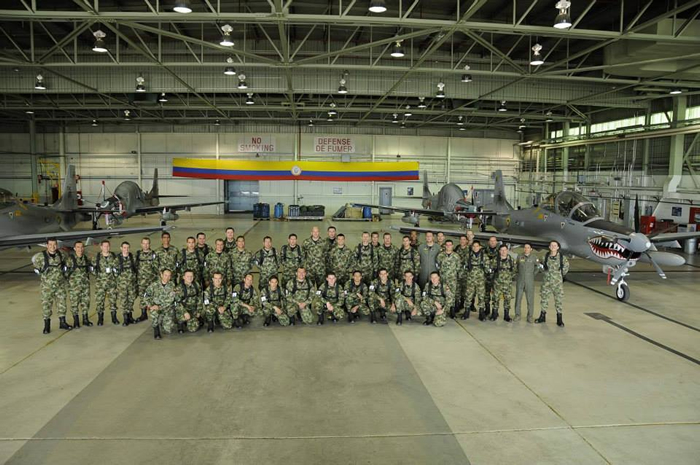
Downloads
Issue
Section
License
Assignment of Copyrights
Authors assign Ciencia y Poder Aéreo journal the exclusive rights (reproduction, distribution, public communication, and transformation) to exploit and commercialize their work, in whole or in part, in all the formats and modalities of present or future exploitation, in all languages, throughout the life of the work and throughout the world.
All contents published in Ciencia y Poder Aéreo journal are licensed under a Creative Commons Attribution 4.0 International License, whose complete information is available at http://creativecommons.org/licenses/by/4.0/
Under the terms of this license, users are free to download, print, extract, archive, distribute and publicly communicate the content of articles, provided that proper credit is granted to authors and Ciencia y Poder Aéreo, scientific journal of the Graduate School of the Colombian Air Force. Except when otherwise indicated, this site and its contents are licensed under a Creative Commons Attribution 4.0 International License.
For other uses not considered under this license it is required to contact the Director or the Editor of the journal at the e-mail address cienciaypoderaereo1@gmail.com.
The Graduate School of the Colombian Air Force and this publication are not responsible for the concepts expressed in the articles, including the metadata or the affiliation stated by authors. This is the full responsibility of the authors.



